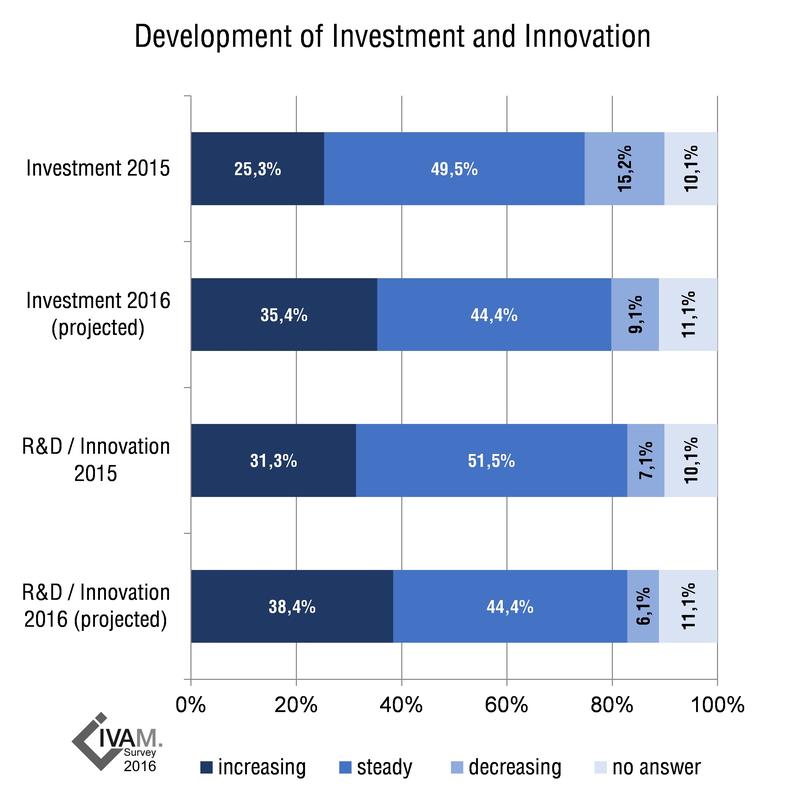

The IVAM Executive Panel is the trend indicator for the micro- and nanotechnology industry.
IVAM
The industry experts are convinced that TTIP would make it easier for German high-tech companies to access the US market. Presently, especially export laws are posing high barriers to trade, which the free trade agreement would help to reduce. This would have a positive impact on the export of high-tech products to the US.
Whether the negotiations about TTIP are going to be successful is a question the micro- and nanotechnology industry representatives are uncertain about. Less than half (41 %) of respondents are convinced that the partnership will eventually come about. Just as many refrain from making a prediction.
Those who are sceptical of TTIP’s conclusion think that in some areas, such as financial regulations, too many different approaches make it impossible to come to an agreement. Supporters, however, fear that conflicting interests not only between the USA and the EU, but also within a discordant Europe, might lead to compromises that will weaken the partnership and its potential to simplify transatlantic trade relations.
In case TTIP came about, the micro- and nanotechnology experts see the USA slightly at an advantage. But the majority think that both regions – the USA and the EU – would profit to the same extent.
About the IVAM Executive Panel:
The IVAM Executive Panel is the trend indicator for the micro- and nanotechnology industry. The IVAM Microtechnology Network conducts brief periodic surveys among selected opinion leaders, executives in mostly small and medium-sized enterprises, and leading scientists. In November 2014, 17 experts from Germany and Switzerland took part in the survey on the Trade and Investment Partnership TTIP.
Weitere Informationen:
http://www.ivam.com
http://www.ivam.de/research/statistics










